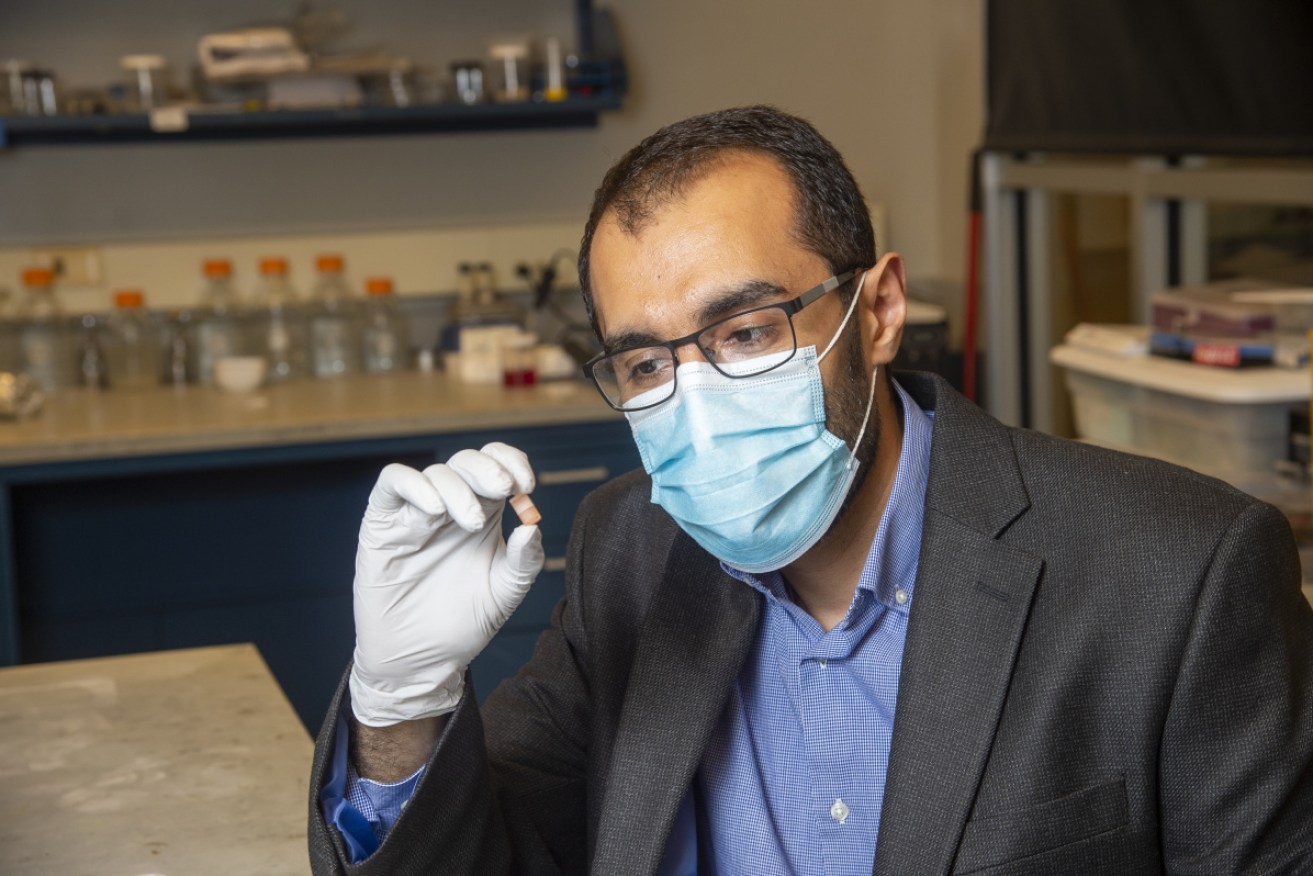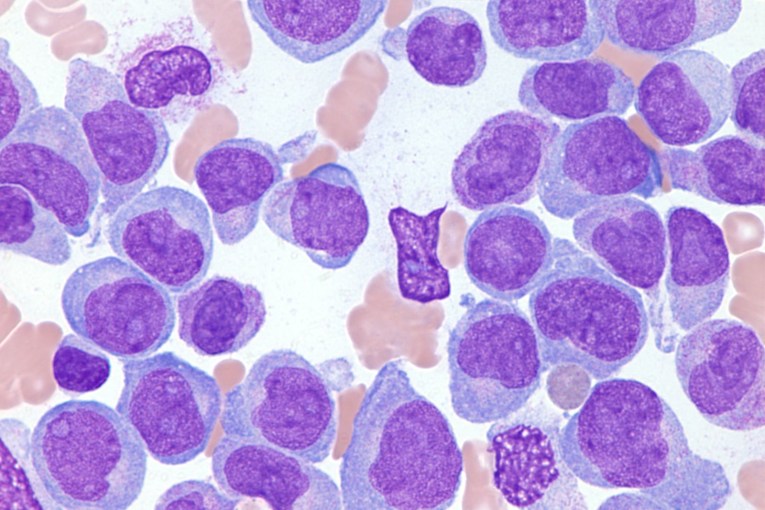In one end, out the other: ‘Gut-oscopy’ smart capsule collects bacteria from our insides


This capsule follows in the wake of your dinner, sampling bacteria from different parts of the gut. Photo: Purdue University
US scientists say they have found a tool that could provide a “gut-oscopy” – a wider-ranging version of the colonoscopy.
The device would provide a picture of the entire gastro-intestinal tract from top to bottom.
But it doesn’t involved passing a camera – mounted on a long tube – in through one end and pulling it out the other.
The device is a small barrel-shaped capsule that you swallow.
There is no battery or engine, the device “passively weasels” its way through the GI-tract – pushed along by peristaltic motion.
And instead of capturing images, the device takes samples of bacteria.
Along the way, the capsule investigates, not just the colon, but “the mouth, oesophagus, stomach, pancreas, liver, gallbladder, small intestine and rectum”.
It’s all about gaining greater access to the microbiome, the bugs that inhabit the bowel.
Establishing the true potential of the microbiome as a diagnostic tool – and understanding how changes in the microbiome might lead to cures for our most devastating diseases – has given rise to a whole new school of research in just the past few years.
According to an essay published in January in the journal Science, studies have found that our microbiome “can reveal the presence of many diseases better than our own genes can – and can even anticipate our risk of dying within the next 15 years”.
Scientists have got the bug … for bugs
In their new paper, published by the Royal Society of Chemistry, researchers from Purdue University write: “Gut microbiota plays an important role in host physiology, such as obesity, diabetes and various neurological diseases. Thus, microbiome sampling is a fundamental approach towards better understanding of possible diseases.
“However, conventional sampling methods, such as endoscopies or colonoscopies, are invasive and cannot reach the entire small intestine.”
On other words, scientists need an investigative tool that can explore the entire GI tract, and do more than spot visible abnormalities and potential cancers.
The new capsule is a logical step forward
As the researchers point out, a pill version of a colonoscopy is already commercially available “to view areas of the colon that a traditional colonoscopy can’t see” – but neither tool can sample bacteria.
Dr Rahim Rahimi is an assistant professor of materials engineering and co-author of the new study which can be found here.

Dr Rahim Rahimi, co-author of the new study. Photo: Purdue University
In a prepared statement, Dr Rahimi said: “If a colonoscopy or camera pill sees blood, it can’t sample that area to investigate further. You could just sample bacteria from a person’s fecal matter, but bacteria can vary a lot throughout the GI tract. Our approach could be complementary.”
The bacteria-sampling capsule also would be a lot cheaper, each costing only about a dollar, he estimated.
“It’s all about being able to take samples of bacteria anywhere in the gut. That was impossible before,” Dr Rahimi said.
How does it work?
According to a statement from Purdue:
- The researchers 3D-printed the prototype capsule from resin, the same material used in dental moulds and implants. This material would need to be slightly modified for humans to ingest, but is otherwise non-toxic
- When exposed to the pH of a certain gut location, the capsule’s biodegradable cap dissolves. Inside the capsule, a hydrogel similar to those used in disposable nappies expands and collects intestinal fluid containing bacteria
- Pressure closes shut the capsule’s aperture when the sampling is complete, kind of like a plunger
- The researchers have tested the prototype capsule in a culture solution designed to simulate the gut bacterial flora of a GI tract. They also tested the capsule’s ability to protect the sampled bacteria in different extreme environments.
Dr Rahimi said the experiments so far show that the capsule could successfully sample bacteria common in the gut, such as E.coli, within an hour.








